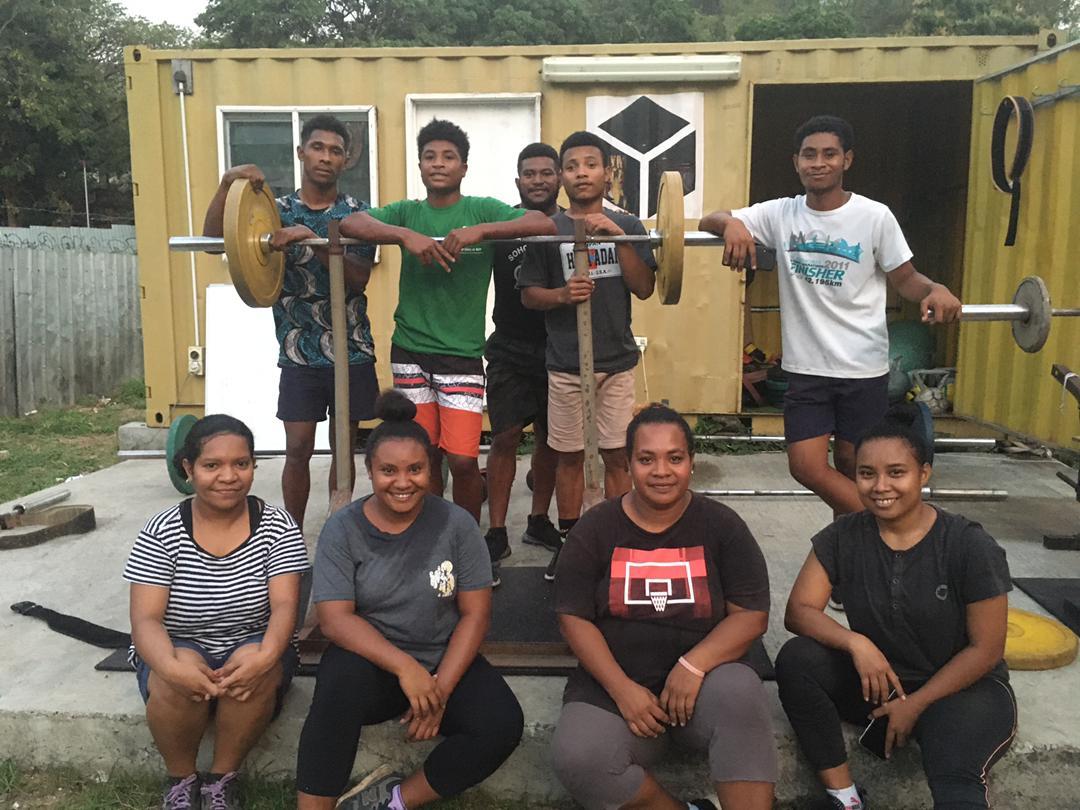
Australia should work more closely with Pacific Islanders and Australia’s Pasifika diaspora to refresh our development assistance in the region, help build stronger and better-connected communities, protect victims of gender-based violence, and create real change on the ground.
Pacific islanders and members of the Pasifika diaspora bring culturally specific knowledge and approaches that are crucial to achieving success. Government should capitalise on these connections and increase support to programs and initiatives led by Pasifika people. In doing so it may also need to embrace new approaches to development efforts, such as integrating community-based sports programs as a culturally relevant way to connect with in-region communities, promote development outcomes, and score quick wins.
The utility of this approach can be seen in Papua New Guinea. In 2024, PNG is at a pivotal point grappling with the aftermath of social upheaval, economic instability and the intricacies of international relations. On 10 January, PNG suffered severe riots sparked by a bureaucratic blunder but rooted in deeper communal disquiet. That resulted in at least 22 deaths and an estimated 1 billion kina ($400 million) in damage.
Australia is PNG’s traditional development aid partner, committing $637.4 million in 2024–25. But our aid hasn’t always resulted in change on the ground. There’s room for improvement, particularly in tackling family violence and violence against women – which is severe and widespread across PNG.
Complex contributing factors for this violence include poor economic conditions, youth disengagement and a lack of community and social infrastructure. It’s also affected by its colonial history, disruption of cultural norms and consequent breakdown of social structures, customs and rituals. There’s evidence that PNG women today are more marginalised than in traditional social structures, which afforded both sexes leadership positions. Historically, resource exploitation has further exacerbated social dislocation and inequality.
Understanding those and other cultural factors is important for those seeking to address gender-based violence in PNG. There’s a pressing need to restore communities and social bonds and to address deep-rooted social issues. That will be best achieved by Papua New Guineans who understand local contexts, backgrounds and beliefs and who can more readily relate with target groups. Australia’s support will remain important, but we’ll better achieve our objectives by working as prominent auxiliaries with local people.
Sports-based approaches promise a popular and indirect method to strengthen communities, improve education and health outcomes and protect against gender-based violence. The Team Up program of the Department of Foreign Affairs and Trade, focused on assisting development through sport, operates across six Pacific countries and has repeatedly demonstrated the success of this approach. Team Up supports access to sport as well as in-region workshops on recognising and combating gender-based violence and providing access to leadership.
The department is updating its Sports Diplomacy to 2030 strategy. The original strategy laid the foundations for an approach that better engages Pacific island countries, including building linkages with Australia’s neighbours and strengthening communities in the Indo-Pacific.
The Grass Skirts Project, an NGO based in Port Moresby, and its Gymbox initiative provide a strong example of the type of community organisations and initiatives that Australian overseas development aid should prioritise and expand. Its executive team works across PNG and northern Australia.
The Grass Skirts Project leverages sports to drive social change, promote health and foster gender equality in PNG. Launched in 2019, it operates a combined gym and community hub, also called ‘Gymbox’, using a repurposed yellow 20ft shipping container in Hanubada, Port Moresby.
In addition to functioning as a gym, Gymbox provides community health and dietary information sessions and works to address the critical issues of youth unemployment and male violence against women. Done right, sport is a potent and cost-effective catalyst for societal transformation and gender equality.
The Grass Skirts Project also successfully ran the 10 Million Strong Leadership program focused on youth intervention to address violence in communities. A novel merger of new research and best practices with a culturally specific context, the program was developed in conjunction with Shannon Spriggs Murdoch and Joshua Jasper from the University of Texas Sports and Social Justice Center. It was co-designed with community people to address gender-based violence.
Australian development aid for initiatives such as Gymbox can be simple and straightforward, increasing the resources and networks available to successful initiatives to expand their impact. This approach would support local community figures and social organisations and allow Australian aid funding to create change while supporting influential local community figures. Social organisations and NGOs can further integrate with schools, churches and other institutions to facilitate a range of educational and community objectives.
As the Australian government looks to work with Papua New Guineans and our Pasifika diaspora, it should also look to northern Australia. Due to its proximity, northern Australia has significant economic, institutional and social linkages with the region and large Pasifika diaspora communities, particularly in Cairns and far north Queensland.
Australia is deepening its engagement with PNG and the Pacific while heading towards a golden sporting era, including the Rugby World Cup 2027 and the Brisbane 2032 Olympic Games. Translating those events into regional influence should be high on our agenda, but we will increase and extend that impact if we go beyond athletics and work closely with communities and support gender equality in the Pacific.